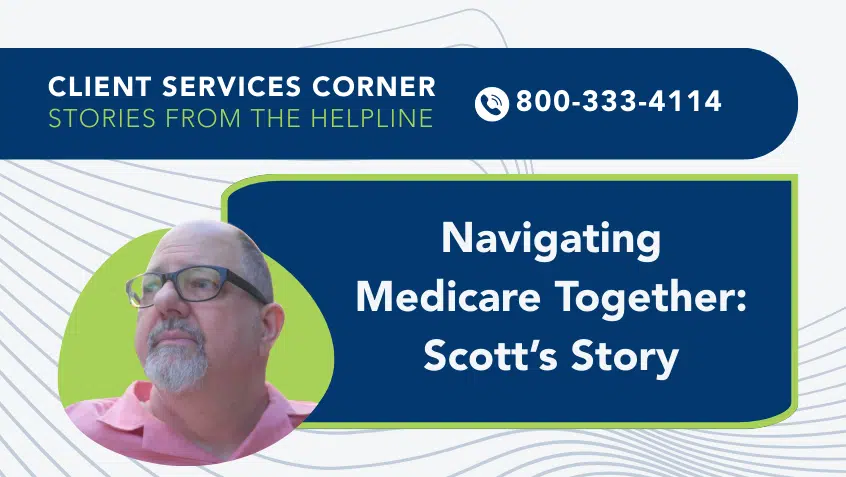Join Us Live for a Discussion on Medicare, Democracy, and the Future of Health Care
Medicare Advantage Denials Increased Before the Implementation of New Prior Authorization Rules

KFF recently analyzed Medicare Advantage (MA) data on prior authorization, finding that the rates of requests, or submissions from providers and beneficiaries asking the plan to cover a service, remained steady while plan denials increased compared to the previous two years. Rates of appeal remained low, signaling that most enrollees facing a denial had to change treatment plans or go without provider-recommended care.
KFF’s most recent MA data analysis shows that MA organizations received 46 million prior authorization requests in 2022. While this is an increase of 5 million from 2019, this increase reflects the rise in enrollment for MA plans and is not an increase in the frequency of prior authorization requests per enrollee. Plans received an average of 1.7 requests per enrollee for prior authorization in 2019 and 2022.
While the rate of requests remained steady, plans denied 7.4% of them on average in 2022. This is an increase from 5.7% in 2019 and 5.8% in 2021.
When plans deny a request for prior authorization, they must explain their decision in writing. However, in our experience, these denial notices can be confusing, missing vital information, or never received by the beneficiary at all. Many people do not understand their appeal rights or may not feel they have the time or capacity to appeal. If they do not appeal, they must either go without the item or service or pay out of pocket.
Unsurprisingly, KFF found that the appeals rate remains low, with under 10% of denied requests being appealed. This echoes previous estimates that enrollees often do not appeal MA denials.
When enrollees do appeal, however, they are often successful. KFF found that appeals were successful over 80% of the time. This could mean that only people with very strong cases file appeals. But it could also mean that plans are inappropriately denying care, either inadvertently due to misunderstanding or misapplying the rules or deliberately to reduce costs—hoping that the administrative burden of an appeal or lack of information will dissuade people from pursuing coverage.
New rules went into effect in 2023 and earlier this year. These rules are intended to clarify and improve prior authorization processes within plans. Because some plans may inadvertently deny care, these clarifications may help the plans and their network providers better understand the coverage rules. If appeals processes are clearer and simpler, this could reduce the number of requests or denials or increase the number of appeals.
Because the KFF analysis uses data from 2022, it creates an important baseline for comparison once data about prior authorizations and appeals under the new rules are available.
At Medicare Rights, we see prior authorization as one of our callers’ most significant barriers to care. In 2022, the same year as the KFF data, 29% of all calls to our helpline were about denials and appeals, with a majority coming from MA enrollees experiencing care access issues. We will continue to work with policymakers to curtail inappropriate denials of care and increase transparency and clarity in MA processes.
Read more about prior authorization.
Show Comments
We welcome thoughtful, respectful discussion on our website. To maintain a safe and constructive environment, comments that include profanity or violent, threatening language will be hidden. We may ban commentors who repeatedly cross these guidelines.
Help Us Protect & Strengthen Medicare
Donate today and make a lasting impact
More than 67 million people rely on Medicare—but many still face barriers to the care they need. With your support, we provide free, unbiased help to people navigating Medicare and work across the country with federal and state advocates to protect Medicare’s future and address the needs of those it serves.
The Latest
Most Read
Add Medicare to Your Inbox
Sign up to receive Medicare news, policy developments, and other useful updates from the Medicare Rights.
View this profile on InstagramMedicare Rights Center (@medicarerights) • Instagram photos and videos









